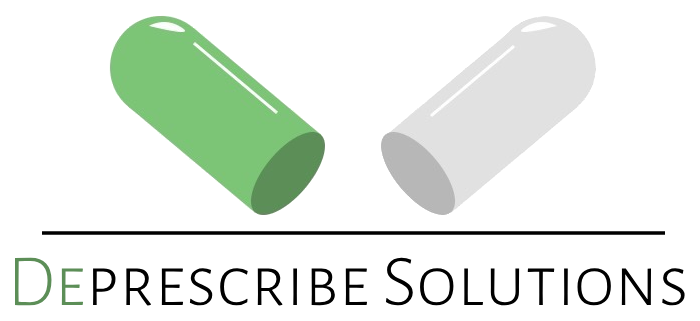Want to catch up on other articles from this series?
In my practice as a community pharmacist, I am in a unique position to witness some of the changes occurring in my communities mental health over time. Since the pandemic, I’ve noticed a sharp rise in the prevalence of mental health disorders like anxiety, depression and ADHD, with people receiving medication therapy as their main treatment option. Although there are many factors contributing to the current mental health epidemic, social media is no doubt heavily involved in influencing these negative trends.
The War on Attention
There is a current war on attention. It’s taking place on the battleground of our minds. Every single day, we are bombarded by information from all angles, through our devices and social media platforms. Like our nutrition and eating habits, it’s important to be mindful of our online content habits. The more junk food you consume, the more it will negatively impact your physical health, increasing your risk of heart and metabolic disease. What about our mental health?
I like to use the analogy of a river flowing. Think about all the media we consume; the TV shows/movies/videos we watch, the music/radio we listen to, and the books or news articles we read online. All this content is consumed upstream. Downstream are our thoughts and behaviours. What we feed our minds will ultimately influence our mental health, just like our nutrition and diet on our physical health.
We know that social media platforms drive engagement and hold onto our attention, utilizing algorithms that promote instant gratification, polarity, toxic rhetoric, and misinformation. Factor in the rising popularity of Tiktok, shorts, and reels and it becoming easier for social media to capture our minds, gluing us to our devices and shortening our attention spans.
Reversing the trend
Although the evidence is mounting that ADHD rates and mental health are on the rise, I think there is room for optimism. More and more people are waking up to the negative effects of social media and solutions to curb our reliance on devices are becoming more mainstream. I’d like to offer three of my own tips on how I’ve fought back against the pull of social media, and have won my own mini-battles in the war of attention.
- Go on a social media hiatus
Temporarily delete your account or take a long break and undergo a digital detox. At first, you’ll struggle with FOMO – fear of missing out. Instead, I’d encourage you to replace that with JOMO – the joy of missing out. You’ll be surprised by how much time you’ll gain back once you’re offline. Use that time wisely; pick up a new hobby, work on a project, or reconnect with an old friend in person.
- Unfollow and unsubscribe. Filter your content
If quitting is too difficult, consider the pages and people you follow. Instead of using social media to kill time, try using it as a tool for your own benefit. Not all players in social media are bad. There are ecosystems and groups in social media that are doing wonderful work (like this one). Try and find these pages.
- Set timers and restrictions
If all else fails, the least you can do is set timers and restrictions on accessing your social media accounts. Limiting yourself and having a third party app keep you accountable are good ways to gain back some of your time and freedom, so you can focus your attention to bigger and better things.
Part III
In part three, I’ll be taking aim at the future of education and my thoughts on how it will be impacted by the new AI revolution.
Thanks for reading. SG

